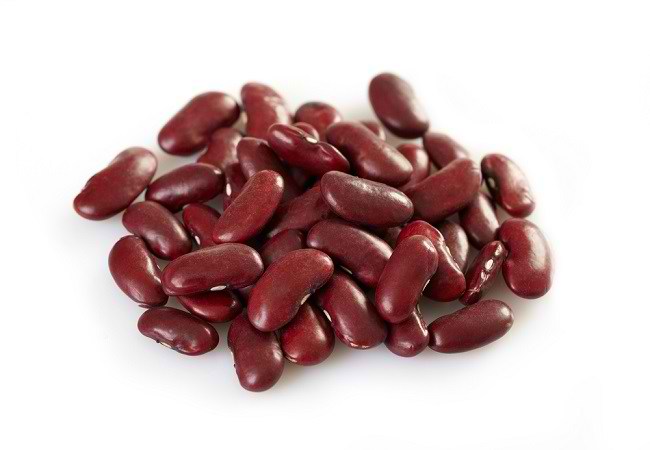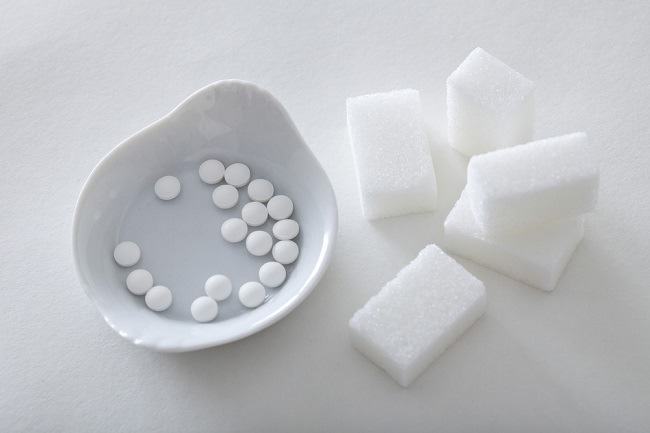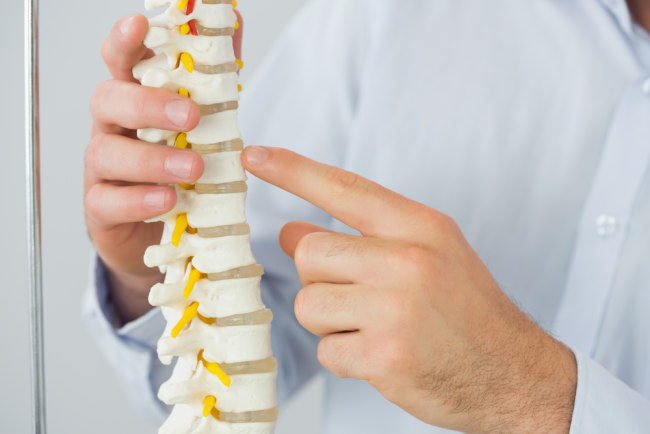To meet the nutritional needs of pregnant women, the consumption of additional vitamins is indeed necessarydipneed. However, that does not mean pregnant women can consume them carelessly, you know. Kexcess consumption vitamins, including supplements, can endanger the health of pregnant women and fetus.
Vitamins and minerals are needed to complete nutritional needs during pregnancy. However, sometimes this makes some pregnant women misunderstand it so that they think that taking supplements or additional multivitamins is safe, even without the supervision of a doctor.

In fact, the consumption of additional vitamins or supplements should not be done carelessly. Instead of bringing benefits, consuming vitamins without the right dose can actually harm the health of pregnant women and babies in the womb.
Potential hazard in BExtra Vitamins
The potential dangers behind excess vitamins are varied. The following is an explanation of excess vitamins and their risks:
1. Vitamin A
Vitamin A supplements are important for the immune system and vision health. However, excessive consumption of vitamin A will be stored by the body in the liver.
If this happens, vitamin A that enters the body can actually be a poison that endangers liver health. Not only that, excessive consumption of vitamin A during pregnancy can increase the risk of giving birth to a baby with defects.
2. Vitamin B6
Pregnant women can take many health benefits from vitamin B6, including alleviating complaints morning sickness, supports the development of the baby's brain and nervous system since in the womb.
However, it is different if this vitamin is consumed in excess. Excess vitamin B6 actually risks causing nervous disorders in pregnant women.
3. Vitamin B9 (folic acid)
Folic acid plays an important role in protecting babies from the risk of disability. However, if consumed in excess, folic acid can mask signs of vitamin B12 deficiency, so pregnant women are more at risk of developing nervous disorders.
In addition, excess folic acid is also possible to trigger autism in children although this still needs to be investigated further.
4. Vitamin E
Vitamin E is important for the immune system and the formation of genes. However, research has found that taking vitamin E supplements has no positive impact on both the mother and the fetus. In fact, if consumed in excess, pregnant women are at risk of stomach pain and premature rupture of membranes.
Well, in addition to excess vitamins, excess minerals are also dangerous, pregnant women. The dangers that lurk based on mineral substances that enter the body in excess include:
Iron
Pregnant women need to consume an average of 27 mg of iron per day. However, be careful. Consuming too much iron can make pregnant women experience constipation, nausea, vomiting, and diarrhea. In very severe cases, this condition can even be fatal.
Calcium
The body can only absorb a maximum of 500 mg of calcium at a time. This makes pregnant women only need to take calcium supplements in smaller doses, several times a day.
If you have excess calcium intake, pregnant women are at risk for kidney stones. Absorption of iron and zinc from the food consumed can also be hindered, if pregnant women receive excess calcium intake.
Recognizing the Symptoms of Vitamin Excess
Excess of vitamins or minerals is characterized by several symptoms. Pregnant women need to be vigilant if they experience the following symptoms:
- Headache
- Dry lips
- Nauseous
- Stomach ache
- Loss of appetite
- Constipation (constipation) or diarrhea
- Urine looks cloudy
- Frequent urination
- Weakness and muscle aches
- Red and itchy rash on the skin
- Eye irritation
- Fatigue
- Irregular heartbeat or palpitations.
Immediately consult a doctor, if pregnant women feel the above symptoms, especially after taking a lot of vitamin supplements. When you go to the doctor, take the supplements you are taking and tell the doctor how many times pregnant women usually take these supplements each day.
The risk of excess vitamins and minerals can actually be prevented. The trick is also not difficult, namely taking prenatal vitamins according to what is prescribed by a gynecologist. If you want to take vitamins or other supplements, you should first talk to your doctor.
Pregnant women also need to know that taking vitamin supplements can indeed help meet the nutritional needs of pregnant women, but that does not mean they can replace nutrition from consuming healthy foods during pregnancy. Pregnant women are still encouraged to eat fruit, vegetables, protein, and other healthy foods.
In addition, in order to maintain the health of pregnant women and their fetuses, pregnant women must get enough rest, exercise regularly, and control stress.









